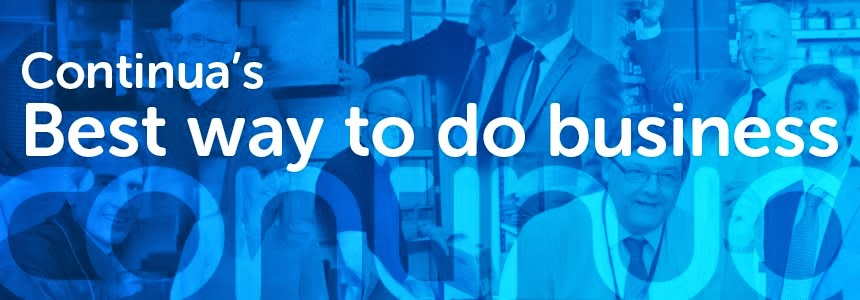At Continua We coined the phrase ‘People to People’
to describe the way we do business. To us it is about the emphasis we put on
building strong, respectful and professional relationships with our clients.
It’s about being honest and being responsive. It’s about understanding your
vision and working with you to help achieve your goals.
“Continua have been providing us with ‘print to
post’ machine servicing for over three years. The engineers turn up when they
say they will, are always polite and seem to really care about solving our
printer problems. What our print rooms like most is that as a matter of course
they don’t leave a job untested.”
Business to business versus ‘people first’
Whatever size of business we’re working with, we
work in close partnership with individuals, within the business. We take the
time to listen to their business needs and priorities and adjust our contracts
and working procedures so they work best for them.
We can be ‘people to people’ because:
We
trust our engineers to do the right thing
We
respect all of the people who work for us – we listen to their ideas and
suggestions to help make our business better.
And because we are a ‘people to people’ business:
We look to continuously improve what we do and it
is our people that drive this
Our
people use their understanding of your business to help ensure you are primed and
ready for production when YOU need it
We
put an emphasis on honest, regular communications and reviews
We
work with your people to help ensure the production line (from print to post)
is as efficient and effective as possible.
We operate lean business practices. So in addition
to being a people to people business we have rigorous methods and procedures in
place to ensure we help you to:
Minimise
waste,
Ensure
your production capability is reliable and consistent,
Deliver an end product to your customer that is of the highest quality.
To find out more about LEAN principals visit www.lean-manufacturing-junction.com/.
If you want to find out more about how Continua do
business visit http://continua.ltd.uk/how_we_work.php
If you would like to find out more about Continua’s
People to People attitude to business call Chris Jefferies on 01582 578999
